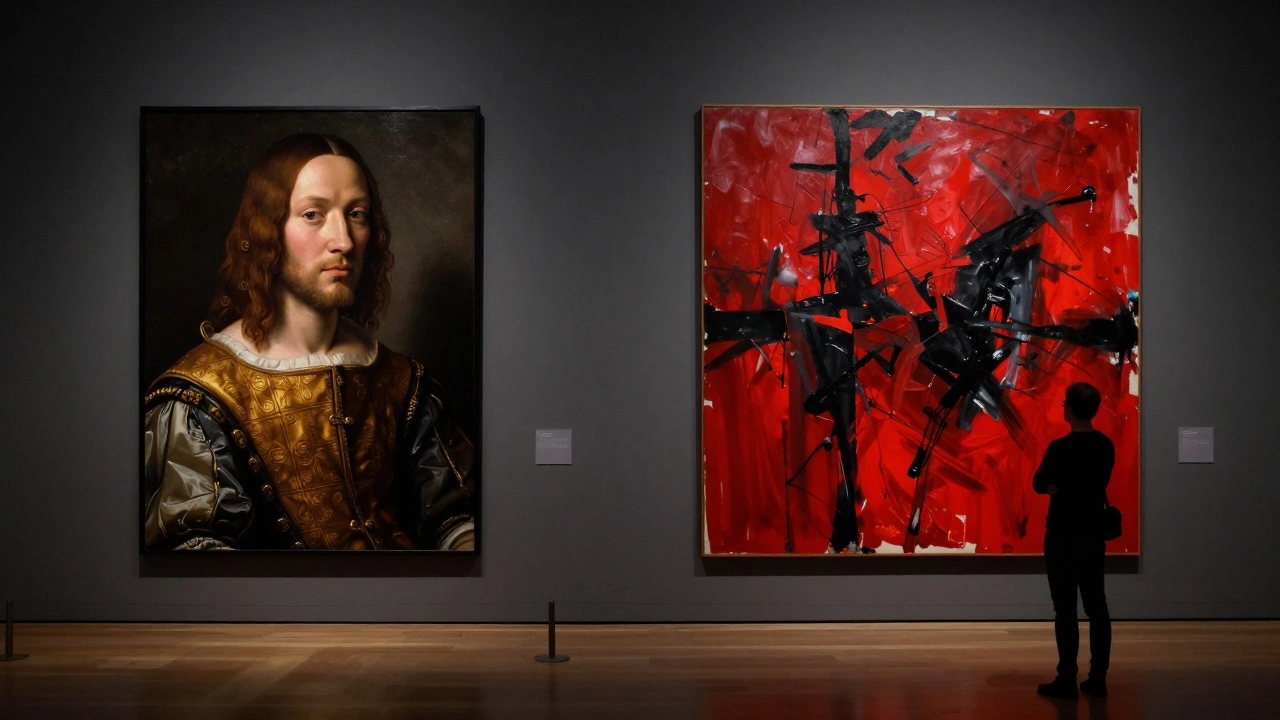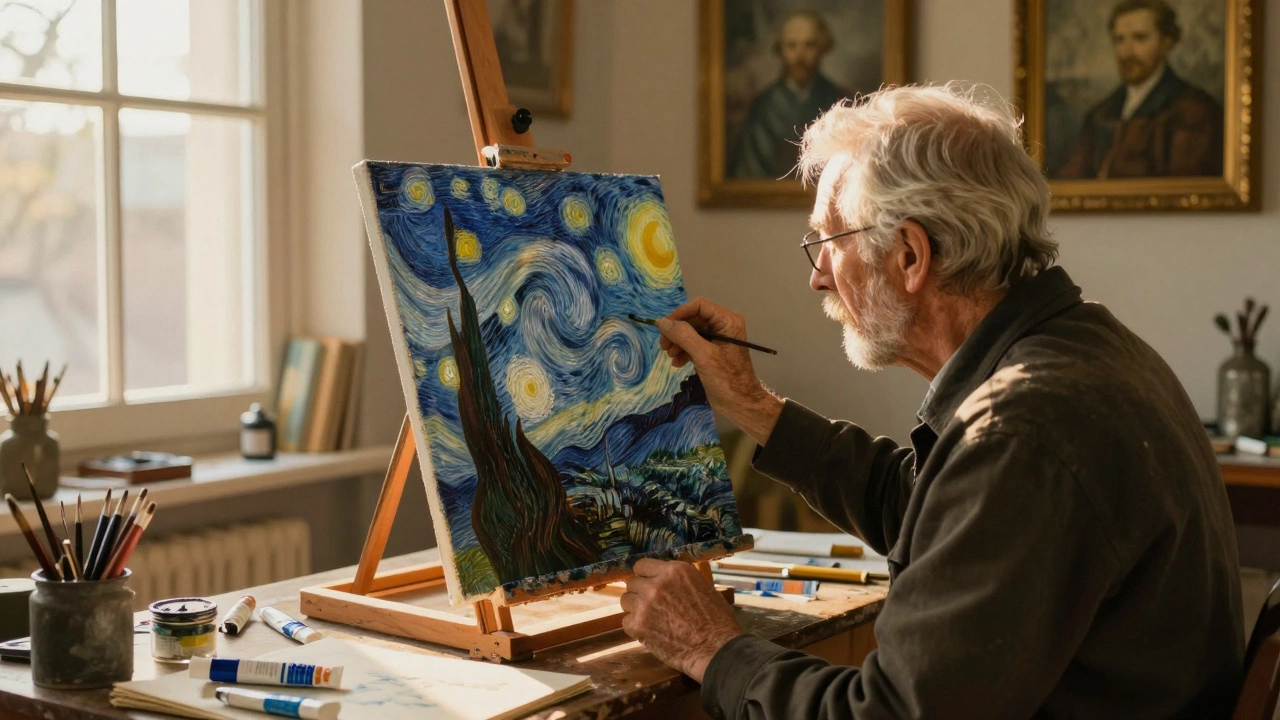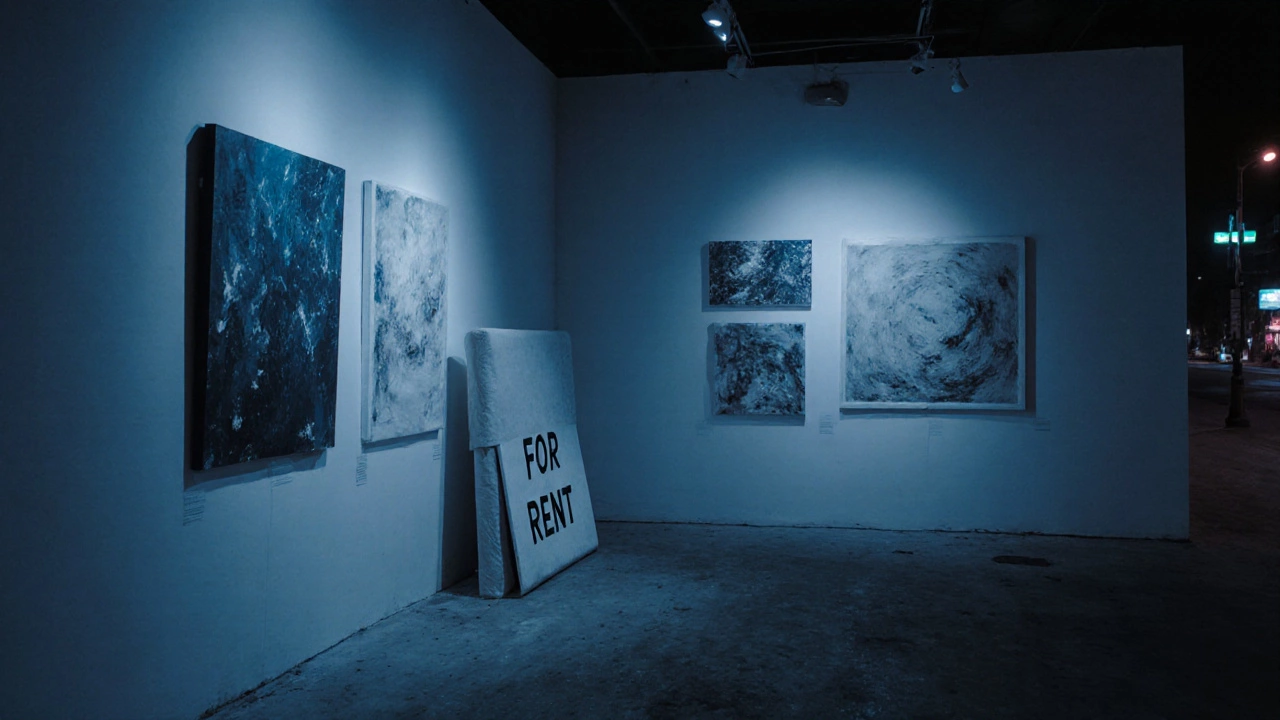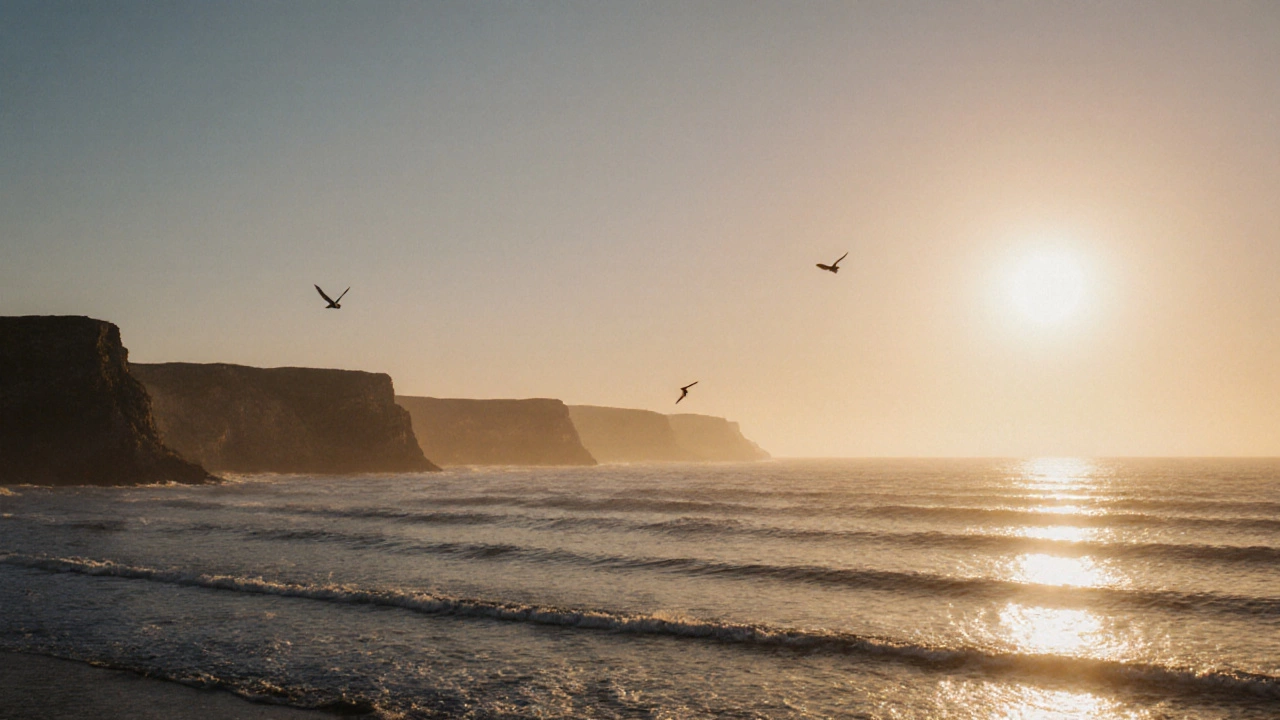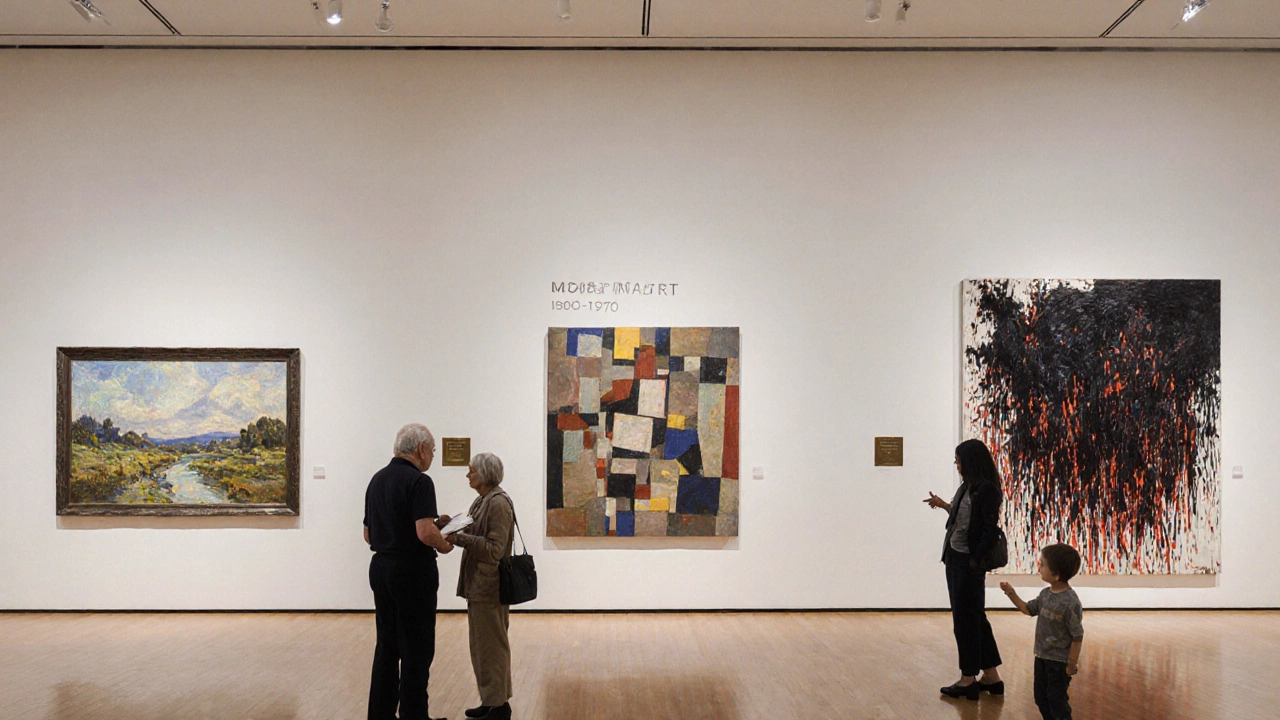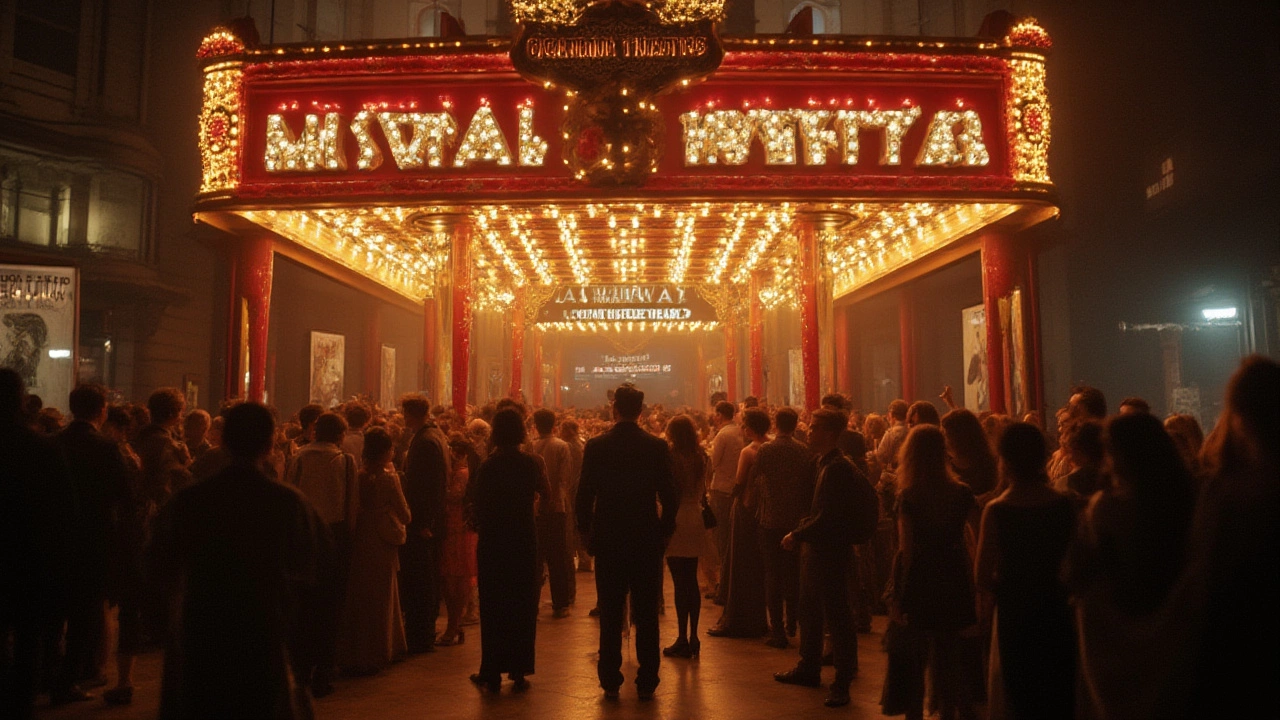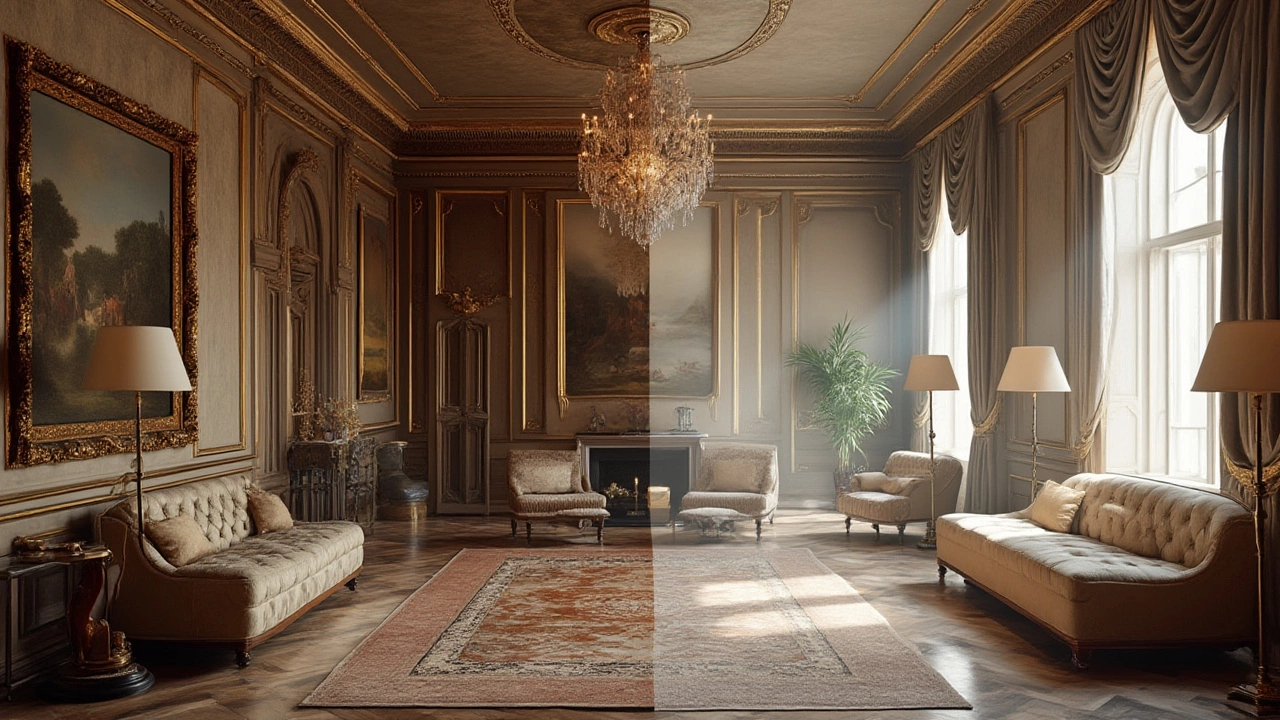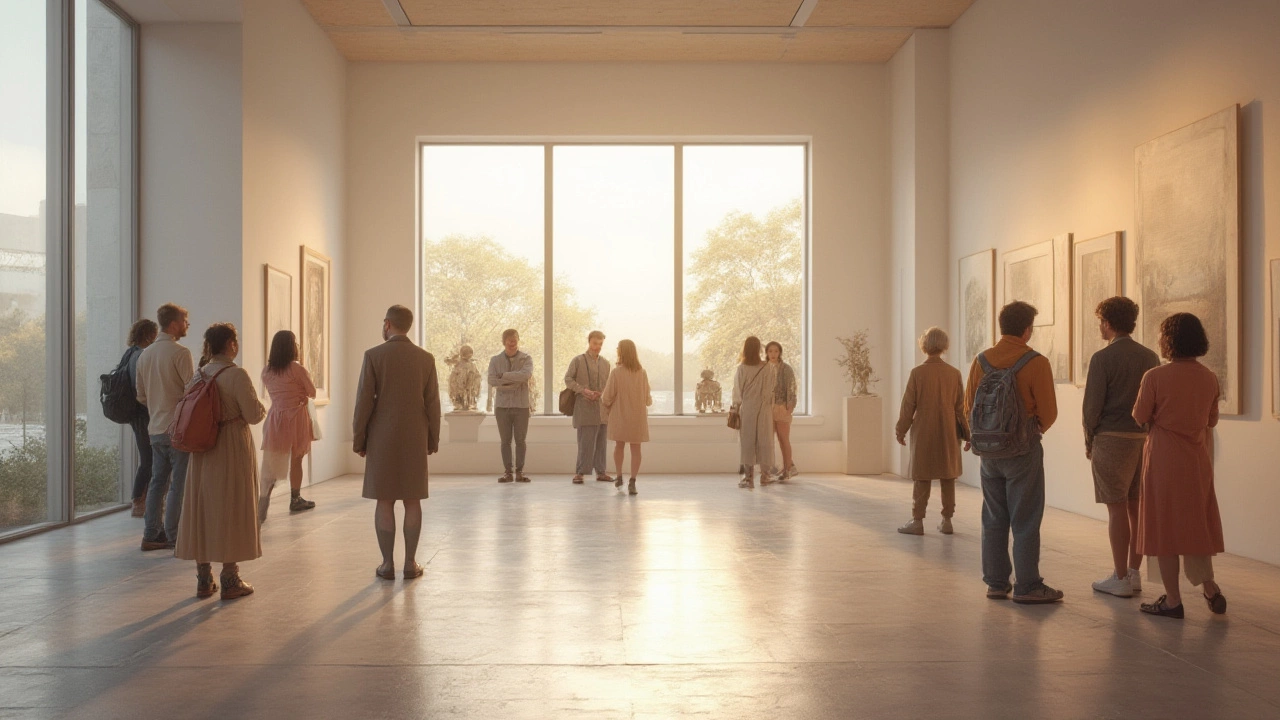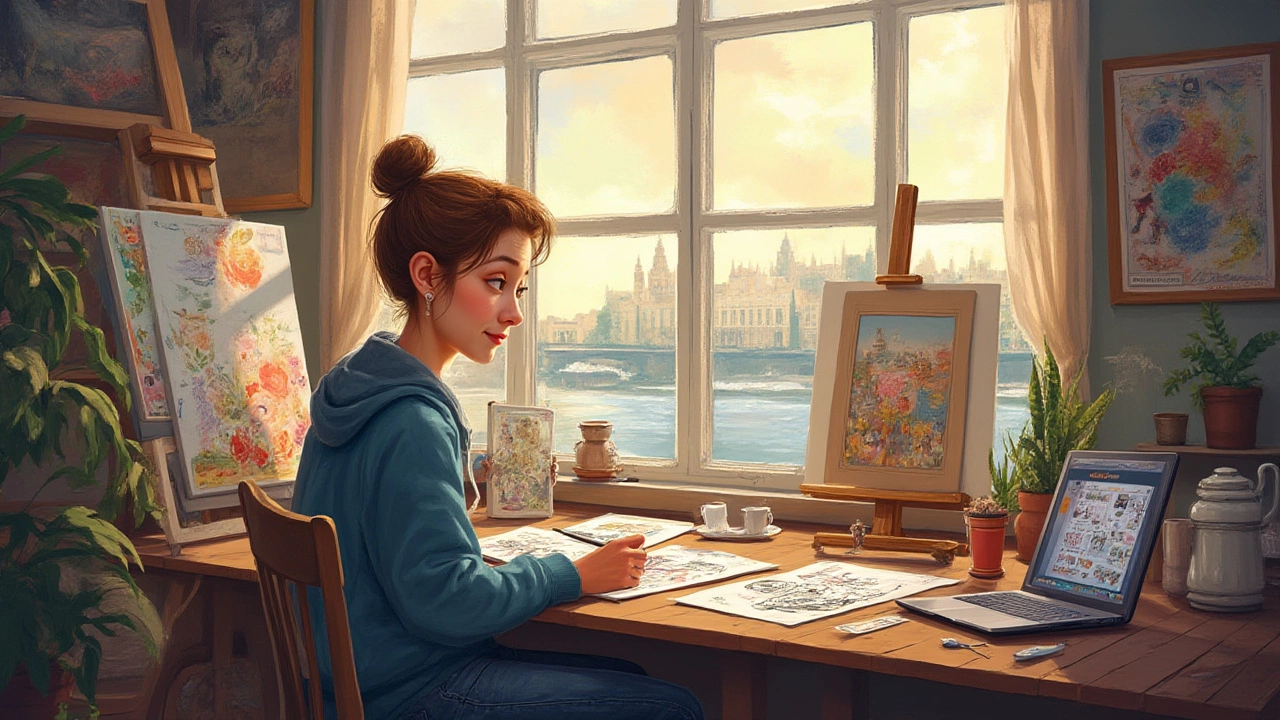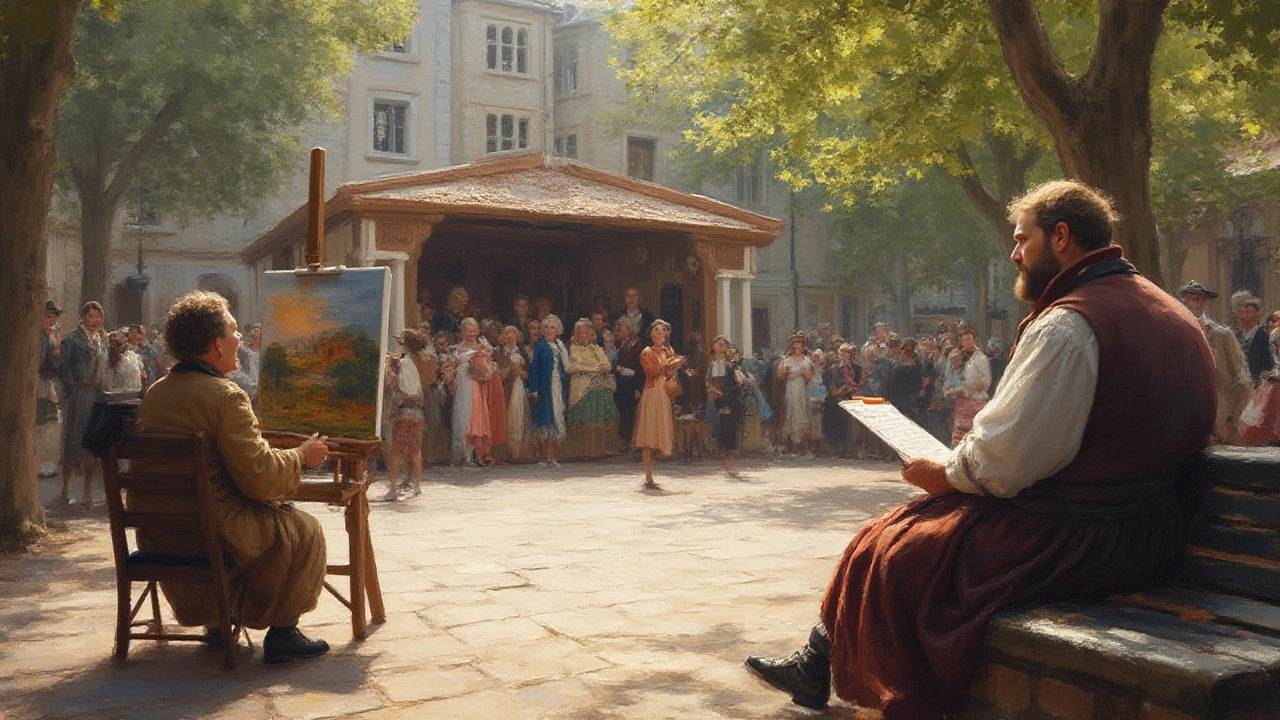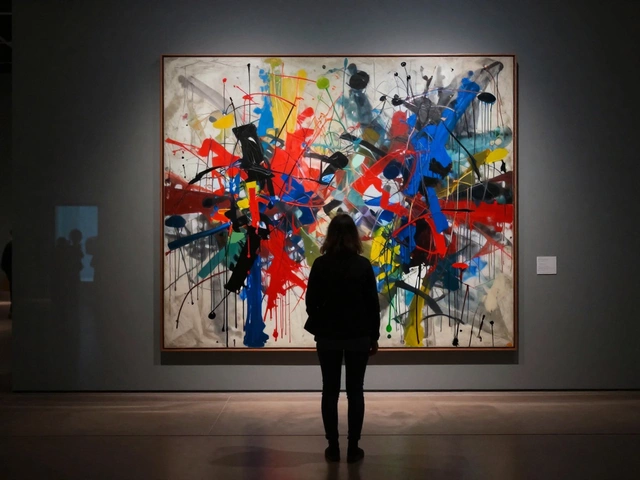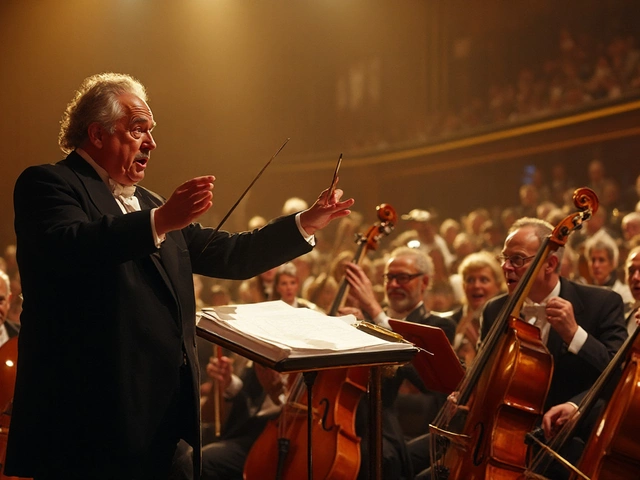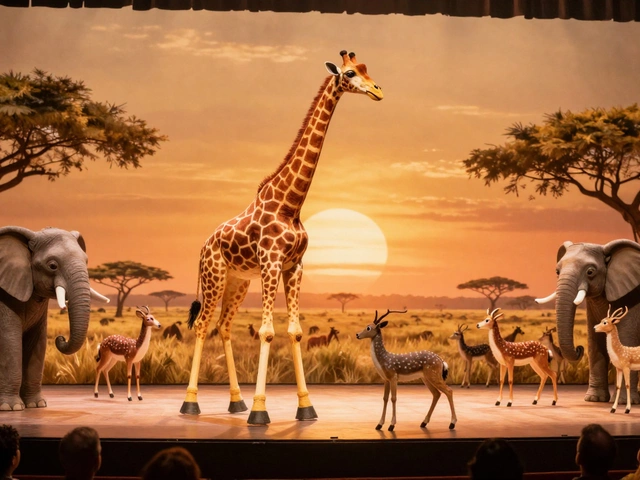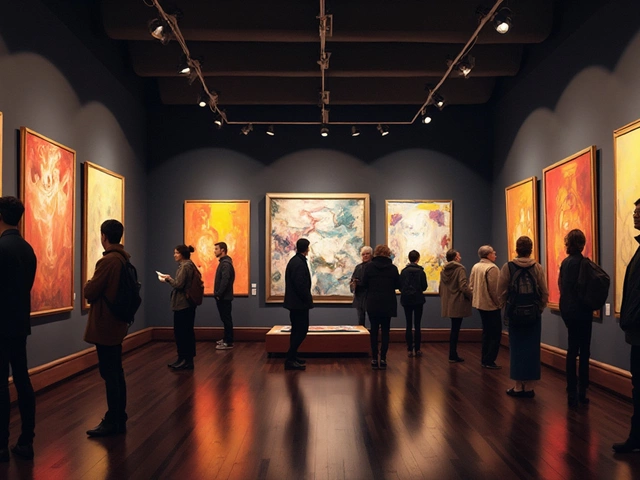Art and Culture: Guides, Trends and Inspiration
Welcome to the Art and Culture hub of Artistry Education Hub. Here you’ll find clear, hands‑on advice for anyone looking to grow their creative practice. Whether you’re a beginner, a seasoned painter, or just love learning about the world of art, the articles below give you useful tips you can apply right away.
Explore the Latest Art Trends
Staying up to date with what’s hot in the market helps you make smarter choices about what to create or buy. Our 2024 Art Market Trends guide breaks down the most popular mediums, from digital collages to eco‑friendly pigments, and explains why collectors are paying attention. Another post, "Classic vs Contemporary Style," shows how old‑school design still influences today’s interiors, giving you ideas for blending styles in your own projects.
If you want to see how calm can become a selling point, check out the article on the "Calmest Genre." It lists soothing colors, gentle brushwork, and relaxed music that can turn a studio into a tranquil space. You can use these ideas to set the mood for a gallery show or simply make your home studio more inviting.
Deep Dives into Culture and History
Understanding where art comes from makes your own work richer. The piece on "Exploring the 3 Main Types of Art" explains visual, performing, and literary arts in everyday language, showing how each shape our daily lives. For a closer look at history, the story about Broadway’s #1 show reveals the wins, scandals, and creative choices that made it legendary.
We also have practical guides that walk you through the nitty‑gritty of the art world. "How to Prepare and Host Your First Art Exhibition" gives step‑by‑step advice on planning, promotion, and budgeting, so you can avoid common pitfalls. And if you’re curious about money, the article "How Art Exhibitions Earn Revenue" demystifies ticket pricing, sponsorships, and shop sales, giving you a clear picture of how galleries make a profit.
Portrait lovers will find a mini‑library of tips and stories. From "Starting Your Portrait Painting Journey" to "The Art and Patience Behind Portrait Painting Timelines," each post breaks down techniques, time estimates, and pricing factors in plain language. Want to see how the world values self‑portraits? The "World’s Priciest Self‑Portrait Paintings" article shares real sales numbers and the stories behind them.
All these articles are written to be quick reads that you can act on today. Skip the jargon, grab a tip, and try it in your studio. If something catches your eye, dive deeper into that topic – the page links make it easy to keep learning without getting lost.
So go ahead, explore the posts, and let the Art and Culture section spark new ideas for your creative journey. Whether you’re planning a show, looking for the next trend, or just want a fresh perspective on art history, we’ve got you covered.
What Is the Difference Between Modern Art and Traditional Art?
Modern art and traditional art differ in purpose, technique, and meaning. While traditional art values realism and skill, modern art explores emotion, ideas, and innovation. Understanding both helps you see art as a living conversation.
Continue Reading7 Principles of Art Explained: A Beginner's Guide
The seven principles of art-balance, contrast, emphasis, movement, pattern, rhythm, and unity-are essential tools for creating compelling visual work. Whether you're a beginner or seasoned artist, understanding these concepts helps you communicate more effectively through your art. This guide breaks down each principle with real examples, practical tips, and common mistakes to avoid. Learn how to apply them in your own projects and elevate your artistic skills.
Continue ReadingIs It Illegal to Paint Someone Else's Painting? Copyright Rules for Artists
Painting someone else's artwork isn't always illegal - but selling copies or using living artists' work without permission can lead to lawsuits. Learn what's legal, what's risky, and how to paint with confidence.
Continue ReadingWhat Do You Call a Person Who Does Fine Art?
A fine artist creates work driven by meaning, not just beauty. Whether through photography, painting, or sculpture, the term 'fine artist' reflects intention, depth, and conceptual rigor-not just skill.
Continue ReadingWhat Is the Success Rate of Art Galleries? Real Numbers Behind the Scenes
Most art galleries fail within five years. Discover the real success rates, why they close, and what separates the survivors in today’s shifting art market.
Continue ReadingDo landscape photos have to be horizontal? - Answer & Tips
Explore why landscape photos aren't limited to horizontal format, learn when to choose portrait or landscape orientation, and get practical tips for composition and printing.
Continue ReadingModern vs Contemporary: Key Differences Explained
Discover the clear differences between modern and contemporary art, including timelines, styles, media, and how to identify each in galleries.
Continue ReadingBroadway's Greatest Show of All Time: A Deep Dive into the #1 Hit
What truly makes a Broadway show the best of all time? Dig into the facts, wins, and wild stories behind Broadway's #1 show ever crowned.
Continue ReadingClassic vs Contemporary Style: Key Differences in Art, Design, and Everyday Life
Dive into the distinct worlds of classic and contemporary style—exploring key differences in art, design, and how they shape everything from interiors to everyday life.
Continue ReadingWhat is the Calmest Genre? Discover the Most Relaxing Art and Music Styles
Explore which genres—across art and music—are the calmest. Find facts, tips, and comparisons to help you bring a sense of peace into your daily life.
Continue ReadingHow to Prepare and Host Your First Art Exhibition: A Complete Guide
Curious about showcasing your artwork for the first time? Learn how to plan, promote, and host a successful first art exhibition with easy steps and real-world advice.
Continue ReadingExploring the 3 Main Types of Art: Visual, Performing, and Literary Arts Explained
Learn about the 3 main types of arts—visual, performing, and literary—and see how they shape creativity, our culture, and daily experiences.
Continue Reading